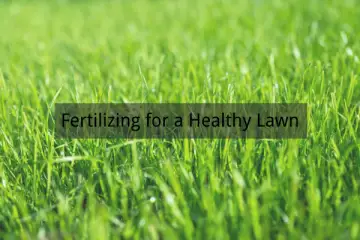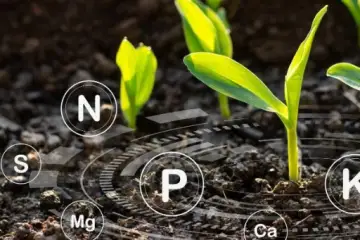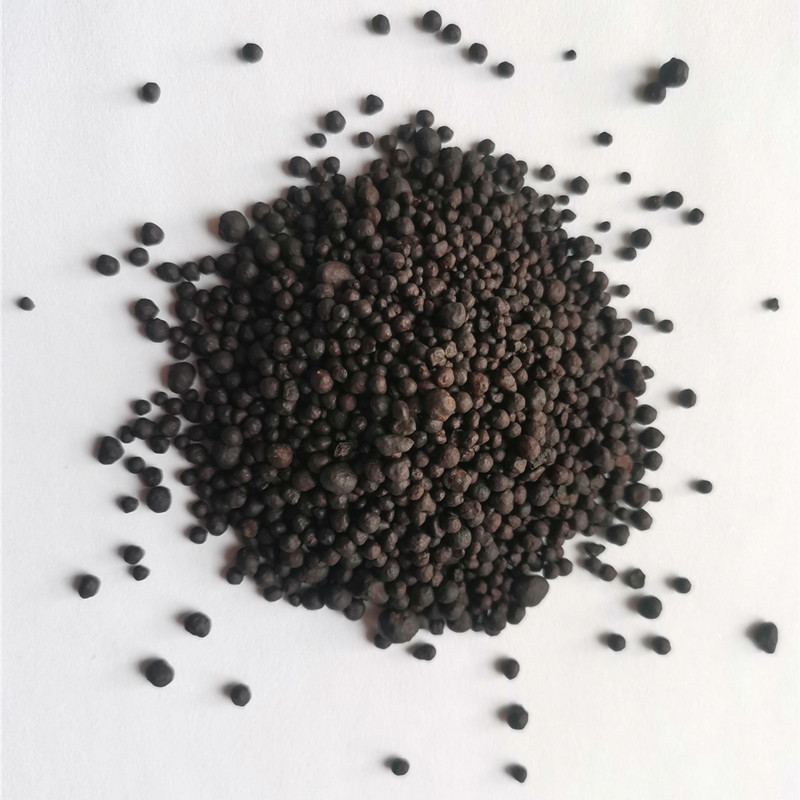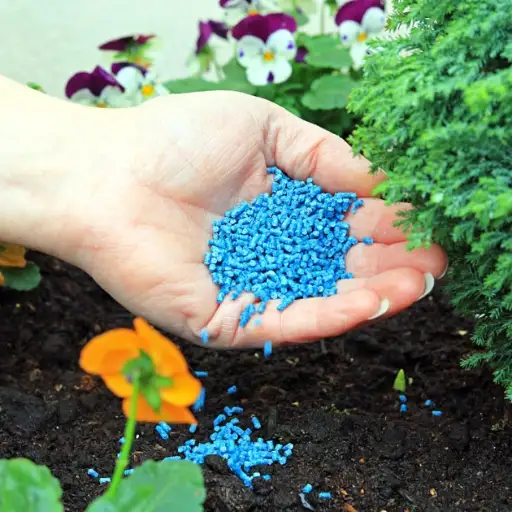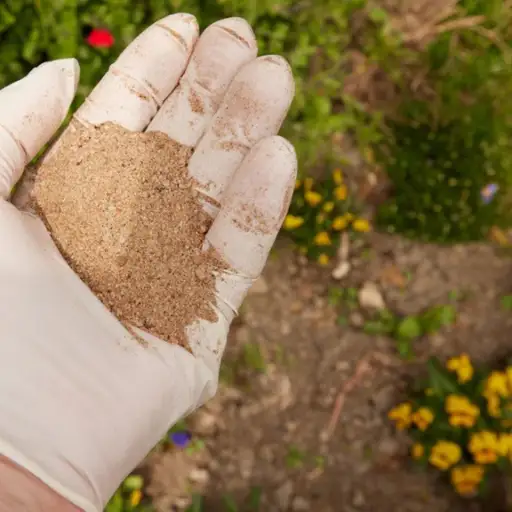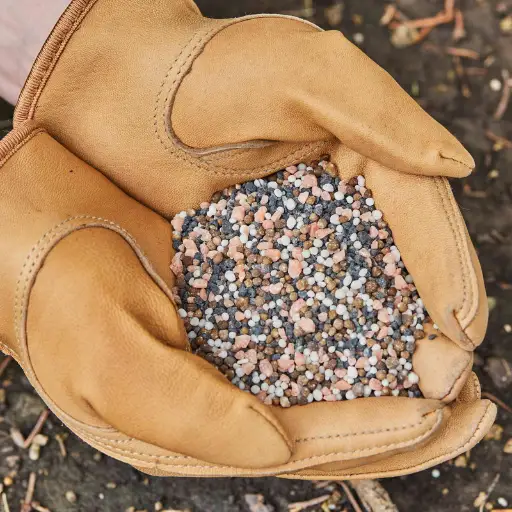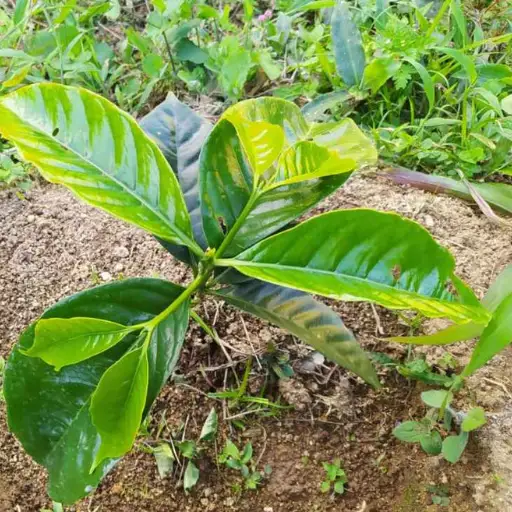Introduction to Organic Potato Farming
Potatoes are one of the most important food crops of the planet. They are eaten by a significant part of the world’s population. Potatoes are one of the most difficult yet fruitful crops to grow, if they are grown by ensuring quality of the crops and resources. Hence, if organic fertilizer for potatoes is used, it does have a significant impact on achieving good growth of the crops and making agricultural a sustainable one.
Organic practices are good for the soil and good for the crops. For potatoes, it all starts with the fertilizer. Dr Jane Goodall, environmental activist, shares: Organic fertilizers release nutrients slowly, and these nutrients are available to plants in a form they can easily absorb. Over the years, organic fertilizers keep the soil healthy – helping it both hold water and nutrients in the soil.Choosing organic means that farmers are keeping the soil healthy so that their potato plants receive all the nutrients they need to thrive.
Moreover, organic farming practices can increase organic soil matter. According to the Rodale Institute, a leader in organic agriculture, ‘Organic practices can increase soil organic matter, which leads to improved soil health and increased drought resilience by enhancing the capacity of soils to hold water.’ Consequently, using organic fertilizers can increase the production of potatoes but also advancaes towards a more sustainable agricultural ecosystem.
Understanding Potato Nutritional Needs
To reach optimal fertilizer use and maximal yield, the potato plant needs an adequate supply of all essential nutrients, especially nitrogen, phosphorus and potassium (called macro-nutrients) and some micronutrients such as magnesium and calcium.
It provides nitrogen needed for leafy growth and overall plant vigour; phosphorus, which helps tubers and roots to develop; and potassium, which plays a key role in the general health of plants, helping with water usage and curbing diseases. Organic farming provides these nutrients in a form that is more natural for being processed in the soil, says the soil biologist and organic farming consultant Dr Elaine Ingham. ‘[Organic] fertilizers are slow-release, a little bit of fertilizer being released over time as the plant is needing it,’ she says. ‘Whereas with synthetic fertilizers, because they salts are more water-soluble, they tend to be leached out of the soil.’
Organic fertilizers, that is, fertilizers of biological origin such as animal manures, crop residues or naturally occurring mineral deposits, offer nutrients in highly complex forms. They not only satisfy the immediate nutrient needs of the growing tubers but, in the long run, the soil’s health as well. Thanks to the organic matter that is contained in them, these fertilizers enable a slow birth of nutrients, matching these nutrients’ availabilities with the potato plant’s nutrient uptake throughout the course of its growth.
This philosophy of plant nutrition complements the goals of truly sustainable agriculture, for it helps ensure the soil remains productive for subsequent seasons of planting. Organic fertilizers thus benefit the plants by feeding the soil, helping to create an ecosystem where fertility and biodiversity serve those grown this season as well as the next.
Types of Organic Fertilizers for Potatoes
Choosing the best organic potato fertilizer starts with an understanding of the differences between the available options and which ones are going to help both your potatoes as well as the health of your soil.
Three of the best organic fertilizers for potatoes — composted manure, seaweed extracts and fish emulsion — each lend their own unique qualities to the sustainable practice of potato farming.
Consequently, there’s a good reason why composted manure is a staple in any organic potato field. It adds nutrients in the correct proportions for plant-available nitrogen, phosphorus and potassium, as well as micronutrients. The organic matter in compost is also a great soil conditioner, building a better structure for the soil so that it both retains water and, at the same time, improves aeration for earthworms and the growth of robust root systems. It can be safely applied at rates equating to several years of current crop production, without harming the environment. As Howard Garrett – the Dirt Doctor – at Organic Gardening put it, it ‘feeds your soil, holds moisture and suppresses plant diseases and pests’.
Seaweed extracts are another form of incredible, all-natural fertilizer, known for its high level of trace minerals and its growth-promotion qualities. Because seaweed contains growth hormones and other nutrients, it has the ability to increase yields, improve the root development on plants, as well as providing enhanced natural insect and disease resistance. As the Australian agri-ecologist Anne Gibson points out: ‘Seaweed extracts are kind of like a tonic for the plant. They contain a very broad spectrum of nutrients, including bioactives and biostimulants that enhance plant vigour and productivity.
Heavy-feeding organic potato crops especially like it given its quick and ready nitrogen. ‘Fish emulsion will provide the quick nutrient burst potatoes need to get them through that vegetative stage,’ said John Michaels, organic farm manager in California.
This makes it easier to incorporate them into a more holistic, sustainable agriculture system, where instead of receiving only the nutrients they’re missing, the potatoes share the full table. Each type of fertilizer not only feeds the potatoes exactly what they need, but also helps keep the soil healthy and productive for the next planting.
How to Apply Organic Fertilizer for Potatoes
Proper application of the potato fertilizer in an organic way requires knowledge of guidelines (timing and methods) in order to supply the potato plants with nutrients at the right time, and to increase the growth and yield potential of the plants.
When to apply the fertilizers is an influential factor as well. ‘Forward organics fertilizers are more often applied at planting, or we fertilise again after each hill emerges,’ she says. Michael Pollan, the author of Omnivore’s Dilemma (2006) who popularized the ‘omnivore’s choice’ concept, has verified that: ‘Forward organics fertilizer applied at planting gets the crop started on the right foot, making sure that nutrients it needs are right there when the roots emerge.
A second feeding (sometimes called ‘side dressing’) should be considered when the potatoes are growing actively, particularly just before the flowering stage. The second application will restore many nutrients needed to form and grow potatoes and is particularly important as the plant matures.
It is imperative that the soil be prepared in such a way as to facilitate the proper uptake of nutrients from the organic fertilizer. Soil that is well-drained and friable (crumbly) with adequate aeration will allow roots to penetrate, and water to flow through. Organic matter added to the soil (that is, good compost or aged manure) needs to be well-mixed into the top 6-12 inches of the soil. This mixing is important not only to distribute the nutrients uniformly, but also to incorporate the organic matter into the soil matrix, thereby adding to the overall fertility of the soil.
This process is so important that Emma Holmes, a soil fertility expert, began by explaining: ‘If organic fertilizers that are mixed with soil are not mixed in sufficiently, they can cause nutrient lock-up, which means the nutrients are not available to the roots.
What this means is that improving organic fertilizer management in potato production so that compound organic fertilizers provide optimal plant availability of nutrients is about doing more than just feeding the plant: it is about building up and maintaining a healthy soil ecosystem. Best practices in applying organic fertilizer will not only enhance use efficiency, reduce negative environmental impacts and increase the sustainability of farming operations for healthier and more productive potato crops.

Comparing Organic vs. Synthetic Fertilizers for Potatoes
Potato fertilizer organic or synthetic: the choice will determine the sustainability of our harvests. It will also have an effect on the health of the crop and the environment. Here’s the breakdown of the differences.
- Soil Health Organic potato fertilizer contains a mix of elements from the decayed plant and animal matter. The carbon from these materials supports microorganism growth and builds up healthy soil. Conversely, synthetic fertilizers have pH levels that can be acidic. In the long run, the use of such fertilizers can damage soil structure.
- Plant Growth Potato fertilizer organic feeds the plants in a way that mimics nature, ensuring they can fully develop their natural defenses. On the other hand, while synthetic fertilizers may provide short-term, quick nourishment, they lack the biological components that promote long-term, all-around plant health.
- Environmental Consequences of Potato Fertilizer When it comes to fertilizer options, potato fertilize organic is the more environmentally friendly choice. Synthetic fertilizers release greenhouse gases and can even contaminate waterways through excessive rainfall. Conversely, organic fertilizer doesn’t harm the environment and also provides animal nutrition.
These organic fertilizers come from natural materials, and aids soil structure and the ability of the soil to hold nutrients and water. A slow release of nutrients keeps the soil fertile and, as few nutrients leach away – where nutrients are carried by water before plants can use them – it protects water bodies from pollution. However, as the geologist and author Dr David Montgomery, who specialises in soil health, explains: ‘Organic fertilizers build the organic matter in our soils, which in turn support the microbial biology for sustainable soils’.
Conversely, synthetics are available in very high concentrations, making them immediately accessible. As anyone who has struggled to open a bottle of Coke will tell you, high concentration is available energy, and high levels of and-available energy means rapid growth. However, this rapid growth comes at the expense of the longer-term health of the soil which can be damaged by chemical fertilizers, as they can cause nutrient leaching, acidify soils, and destroy beneficial microbial populations, all of which reduces soil fertility.
It might be that synthetic fertilizers cause potato growth to improve more rapidly than alternative organic fertilizers, yet such an improvement can result in plants with weaker stems more sensitive to diseases and parasites. Organic fertilizers, on the other hand, appear to stimulate slower growth, but as the final result is more natural, plants are in general tougher and more robust in facing environmental pressures.
Besides, organic potatoes are also generally higher in nutritional value and taste: Consider the research of Alice Waters, an organic guru who tells us that: ‘Organically grown potatoes have been shown to have between 26 per cent and 126 per cent more vitamin C and many essential minerals than potatoes grown with synthetic fertilizers.’
As a choice of organic fertilizer is taken for this year ‘s potatoes, it is also made for the next year’s, next decades’ and next centuries’ agricultural practices. Organic fertilizer will not only help cultivate a potato crop, but provide a more sustainable method for farming and protect the quality of the environment for generations to come.
Conclusion
After discussing background facts about potato fertilizer options, organic and non-organic, a conclusion can be made a the advantages of the organic alternatives. Overall the life cycle of potato fertilizer can be devided into a few stages. The main challenge that farmers face is to improve the soil health, use sustainable methods, and produce high-quality potatoes. From an environmental point of view, potato production has several benefits, such as soil improvement, decreasing water pollution, and energy consumption.
Taking into consideration the conclusions, it becomes clear that the benefits of organic fertilizers are much more significant than non-organic alternatives as they improve soil health, help to use more sustainable methods in agriculture. Overall, these advantages are in line with the environmental sustainability and resource-saving goals.
Organic fertilizers lead to a greater diversity of life to exist in the soil system, which in turn leads to a more productive and sustainable agricultural landscape over the long term. They steadily improve soil structure and water-holding capacity, as well as the nutrient-holding capacity of the soil. The potato farm is not just a field of potatoes, but a site that will produce the conditions for many future crops to flourish.
Moreover, by using organic fertilizer, growers can shrink their chemical footprint, lighten their environmental burden, and create potatoes that are healthier and more attractive to buyers who are increasingly mindful of the ecological consequences of their food purchases.
Making the move to organic fertilizer presents a challenge at the outset, involving an initial investment of time and resources to test what dosage makes sense for your crops and soils, and what results to expect. However, the return on this investment comes in the form of a continually increasing annual yield, improved soil health, reduced environmental impact, and healthier plants and people down the road.
Ultimately, this shift towards organic fertilisation is not so much about adapting to a specific method, as it is to a sustainable future in agriculture – a future where potato farmers do much more than guess and hope. It entails trying out, experimenting and, in doing so, adapting and learning how to best harness what we can contribute towards the betterment of our potato farms, our soil and, ultimately, our planet.
Here are some authoritative references on potato fertilizer organic :
- National Center for Biotechnology Information – This resource offers access to a broad range of scientific studies and literature, including research on organic agriculture practices and their effects on potato cultivation.
- PubMed – A comprehensive database of biomedical literature that includes studies on the effects of organic fertilizers on potato growth and soil health. You can search for specific studies that detail the benefits and methodologies of using organic fertilizers in potato farming.

